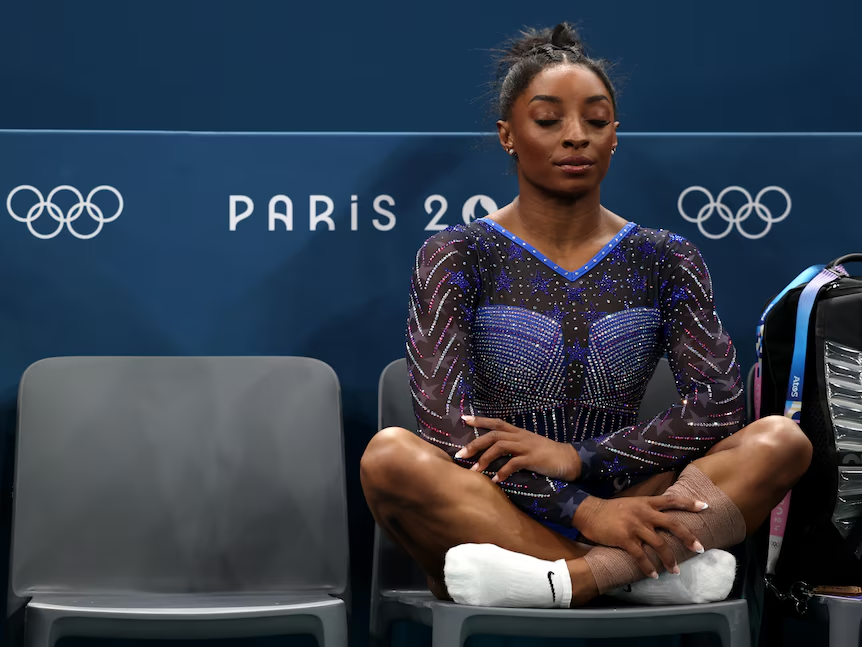 In a recent emotional revelation, world-renowned gymnast Simone Biles opened up about a personal tragedy—suffering a miscarriage—and the emotional journey that followed. The story, shared in her Netflix docuseries *Simone Biles: Rising*, highlights the difficulties she faced while balancing grief, healing, and her public role as an athlete.
In a recent emotional revelation, world-renowned gymnast Simone Biles opened up about a personal tragedy—suffering a miscarriage—and the emotional journey that followed. The story, shared in her Netflix docuseries *Simone Biles: Rising*, highlights the difficulties she faced while balancing grief, healing, and her public role as an athlete.
Biles explained that the experience of losing a pregnancy was heartbreaking and marked a pivotal moment in her mental health journey. Though she initially struggled with feelings of loss, Biles said therapy and the support of her husband, NFL player Jonathan Owens, helped her process the grief.
Biles emphasized the importance of allowing herself to feel her emotions rather than suppressing them. The miscarriage, she explained, reinforced her belief in prioritizing mental health over societal expectations, a message she has championed since withdrawing from events during the 2021 Tokyo Olympics to protect her well-being.
*”There’s no perfect way to navigate these kinds of things,”* Biles said in the documentary, reflecting on the healing process. She also highlighted how sharing her vulnerability helps reduce stigma around issues like miscarriage and mental health struggles, especially for public figures and athletes.
The gymnast’s openness about such a deeply personal experience aligns with her broader advocacy for mental health and athlete welfare. Since becoming a global icon, Biles has repeatedly stressed the need for systemic changes in sports culture, where athletes often face pressure to prioritize performance over personal well-being.
In recent months, Biles has made a stunning return to gymnastics, reclaiming her status as one of the greatest athletes in the sport with a triumphant performance at the Paris 2024 Olympics. Yet her willingness to discuss her personal challenges underscores that even in victory, life’s difficulties remain.
With her advocacy and openness, Biles hopes to inspire others—both athletes and non-athletes—to prioritize their emotional and mental well-being. Her journey, marked by both triumph and tragedy, serves as a reminder that healing is a process, and seeking support is a sign of strength.
By sharing her story, Biles not only contributes to changing the conversation around mental health in sports but also offers hope to others experiencing similar losses. Her message is clear: pain and joy can coexist, and healing begins with honesty and self-compassion.
